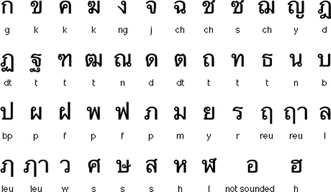

However, as good as we are at getting grammatical number right, we're not infallible. (A singular pronoun with a singular verb) (A plural determiner with a plural pronoun)

I write my own quotations…except this one.(Singer Bob Dylan)ĭeterminers agree in number with pronouns (A singular determiner with a singular noun) More specifically, we're pretty good at ensuring: Native English speakers are pretty good at ensuring their nouns, pronouns, adjectives, and verbs agree in number with each other. So, even though the risk of you making a mistake with grammatical number in English is low, it is worth understanding the term "grammatical number" because it will help with learning a foreign language. Spanish: perro maloliente becomes perros malolientes.German: stinkender Hund becomes stinkende Hunde.French: chien malodorant becomes chiens malodorants.That's not the case in many other languages: For example, we say "smelly dog" and "smelly dogs." The word "smelly" doesn't change. For example, nouns tend to add an "s" (e.g., "cat" becomes "cats") when they become plural, verbs might fleet an "s" (e.g., "he plays" becomes "they play"), and some determiners change their forms (e.g., "this" becomes "these").Ĭompared to many other languages, we have it relatively easy with English because lots of words (especially adjectives) don't change at all when their grammatical number changes. Some words change when their grammatical number changes. Here's an interesting quirk with grammatical number: The amount zero is treated as plural. If women ran things, we wouldn't have wars, just intense negotiations every 28 days.They succeed because they think they can.When policemen on bikes arrest people, do they put them in their baskets?."Revenge" sounds mean, which is the reason I call it "returning the favour.".I love my six-pack so much, I protect it with a layer of fat.A balanced diet means a cupcake in each hand.These real-life examples use just singular words.

(Here, we have a plural pronoun, verb, determiner, and noun.)

Here is an example sentence with all plural words: (Here, we have a singular determiner, noun, verb, and pronoun.) Here is an example sentence with all singular words: This, that, a, an, my, your, his, her, its Here are some easy examples of nouns, pronouns, determiners, and verbs in the two number categories: The word "plural" refers to more than one. The word "singular" refers to a quantity of one. In other words, a noun, a pronoun, a determiner, or a verb can be described as singular or plural. These two categories relate to nouns, pronouns, determiners, and verbs. In English, the two number categories are singular and plural.


 0 kommentar(er)
0 kommentar(er)
